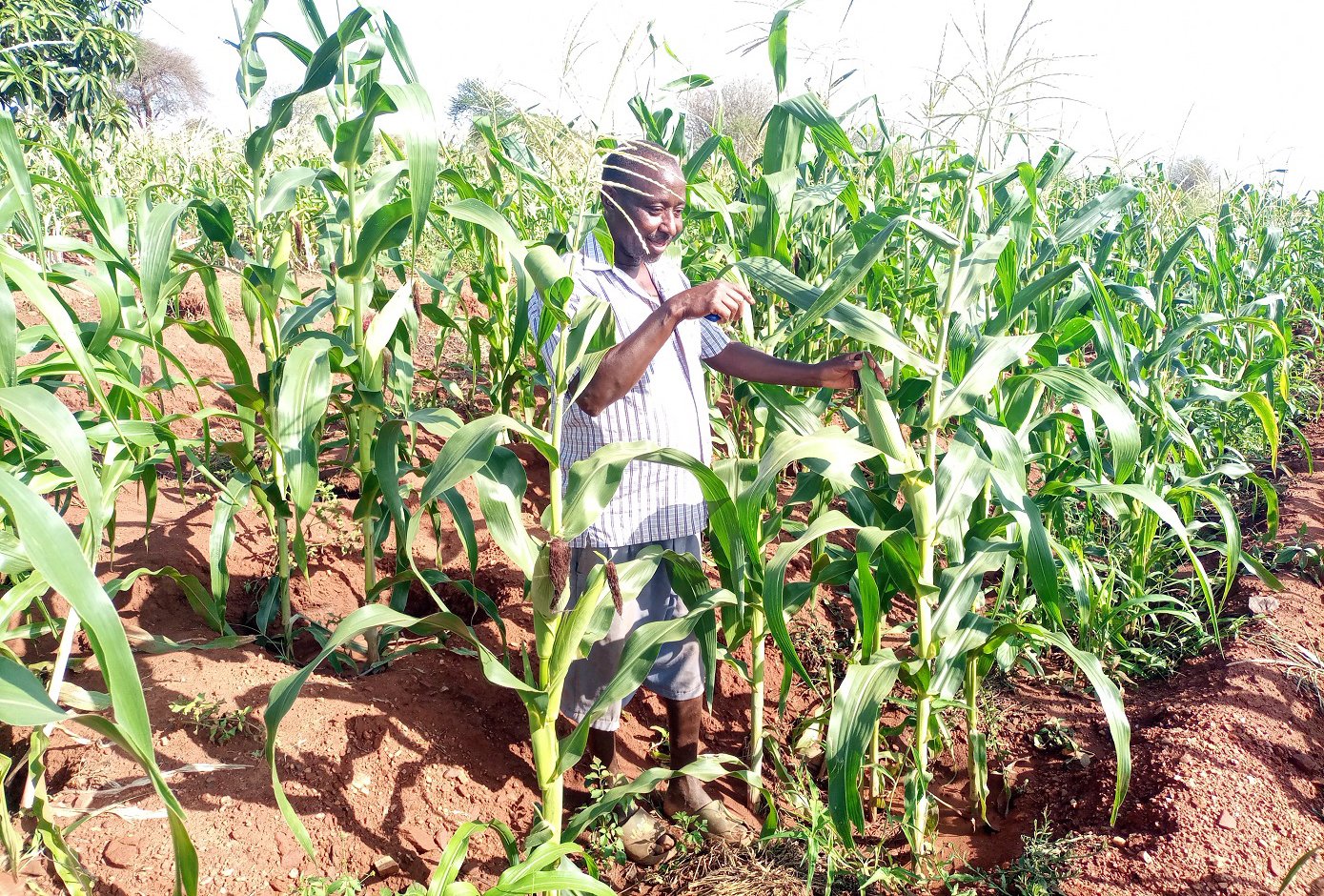

The National Cereals and Produce Board is on the spot for continuing to package maize in 90-kilogramme bags, contrary to legal requirements that stipulate a maximum weight of 50kg per unit.
Senators have termed the use of the larger bags illegal, arguing that the practice disadvantages farmers selling their produce to the state agency.
Despite the Crops (Food Crops) Regulations, 2019—specifically Section 36(3)—capping the weight for packaging food crops at 50 kilos, NCPB uses 90kg bags for its strategic grain reserves and purchases.
“A grower, dealer, or processor shall not handle or trade in food crops or food produce that is not packed in conformity with the sub-regulations,” the law states.
Maize is listed among the regulated food crops alongside barley, finger millet, pearl millet, rice, sorghum, wheat and pasta wheat.
Raising the issue on the floor, Nandi Senator Samson Cherargei noted that the regulations, which are anchored in the Crops Act (Cap. 318), apply uniformly to all listed food crops, including maize.
“In contrast, other food crops listed in the same schedule, such as beans, pigeon peas and cowpeas, are packaged in 50 kilogrammes bags for purchase by NCPB,” Cherargei said.
He has petitioned the Senate Agriculture Committee to summon NCPB’s management to explain its continued use of the larger packaging.
“The committee must establish the rationale behind this non-compliance. Are there specific challenges informing the decision? Why the disparity between maize and other crops?” he posed.
“What is the reason for the disparity in packaging sizes between maize and other crops?”
Speaker Amason Kingi directed the Agriculture committee to conduct the inquiry, which will also seek to determine whether there are plans to revise maize packaging standards to align with existing laws.
“If such plans exist, what are the timelines for their implementation?” Cherargei posed.
He further wants the committee to investigate the impact of the current packaging practices on farmers’ incomes and the sustainability of their operations.
The inquiry will also assess what steps NCPB is taking to comply with the law and what long-term strategies are in place to address the issue and ensure full regulatory compliance.
Meanwhile, the lawmakers have raised concerns about difficulties experienced by farmers while accessing subsidised fertiliser at NCPB depots.
Kirinyaga Senator James Murango cited his county, where residents have endured frustrations.
“Farmers from various parts of Kirinyaga County have been visiting the NCPB depots in Sagana and Wanguru with valid vouchers to collect fertiliser,” he said.
“However, they are turned away due to computer system failures and a severe shortage of fertiliser at those depots. This situation is not only disheartening but also undermines food production efforts and threatens national food security.”
Murango sought to know the reasons for the delays in the distribution of subsidised fertiliser at the depots despite farmers having valid vouchers.
He also sought to know the measures taken by the Ministry of Agriculture, Livestock and Fisheries to address the shortage and ensure that farmers in Kirinyaga receive fertiliser on time.
INSTANT ANALYSIS
The National Cereals and Produce Board (NCPB) plays a crucial role in Kenya's food security and agricultural sector by managing strategic food reserves, stabilising markets and providing essential services to farmers. Key functions include procuring and distributing food reserves, managing fertiliser distribution, offering post-harvest services and participating in market interventions.












